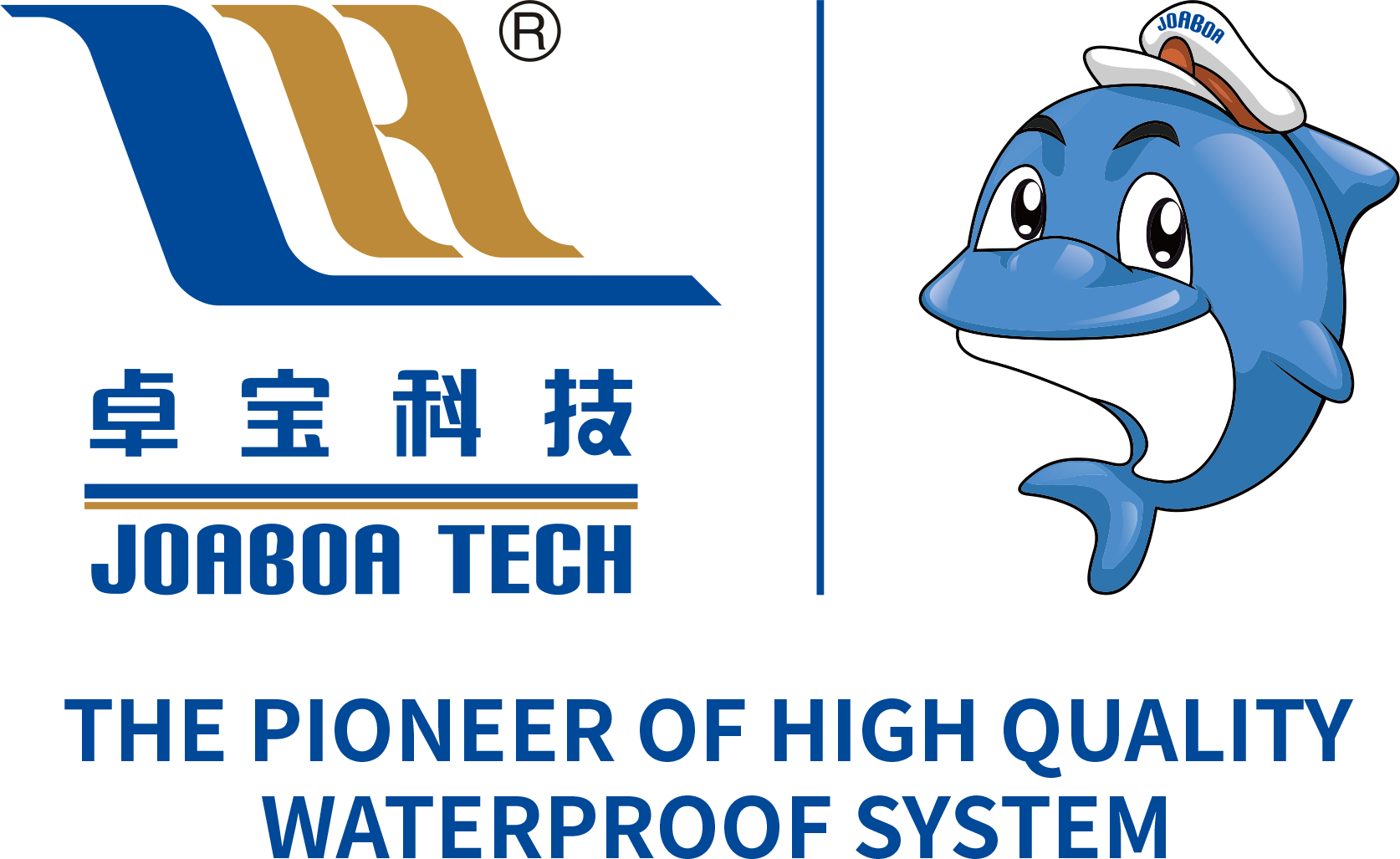Understanding SBS Bituminous Waterproofing Membranes: Key Features and Benefits
2025-06-12 10:40
SBS (Styrene-Butadiene-Styrene) bituminous waterproofing membranes are widely utilized in the construction and waterproofing industry due to their superior performance and adaptability. These membranes are made from a blend of bitumen and SBS rubber polymers, which enhance their flexibility, elongation properties, and overall durability. As a result, they are particularly effective in preventing water infiltration, making them an excellent choice for various applications, including roofs, basements, and foundations.
One of the primary advantages of SBS bituminous waterproofing membranes is their exceptional elasticity. Unlike traditional bituminous membranes, which may become brittle over time, SBS-modified membranes maintain their flexibility even at low temperatures. This characteristic is crucial for regions that experience significant temperature fluctuations, as it allows the membrane to expand and contract without compromising its integrity. Furthermore, the ability to stretch makes these membranes highly resistant to cracking and damage, ensuring long-lasting protection against water intrusion.
Another key feature of SBS bituminous waterproofing membranes is their superior adhesion properties. They can be applied using various methods, including torching, self-adhesive installation, or cold application techniques. This versatility allows for seamless installation on a wide range of substrates, including concrete, metal, and wood, ensuring a robust waterproof barrier. Additionally, the membranes can be integrated with other waterproofing systems, such as drainage tiles and protective layers, enhancing their overall effectiveness.
In terms of environmental considerations, SBS bituminous membranes are formulated to resist UV radiation and weathering, which extends their service life and reduces the need for frequent replacements. This durability not only minimizes maintenance costs but also contributes to sustainable building practices, as longer-lasting materials result in less waste over time.
Moreover, SBS bituminous waterproofing membranes provide excellent resistance to various chemicals and pollutants, making them suitable for industrial applications where exposure to harsh substances is a concern. This chemical resistance ensures that the integrity of the waterproofing layer is preserved, further enhancing the longevity of the structure.
In conclusion, SBS bituminous waterproofing membranes stand out as a reliable solution for modern waterproofing challenges. Their superior flexibility, excellent adhesion, environmental resistance, and versatility make them a preferred choice for professionals in the construction and waterproofing industries. By understanding the benefits and features of SBS bituminous waterproofing membranes, you can make informed decisions when selecting materials for your next project, ensuring optimal performance and durability.
One of the primary advantages of SBS bituminous waterproofing membranes is their exceptional elasticity. Unlike traditional bituminous membranes, which may become brittle over time, SBS-modified membranes maintain their flexibility even at low temperatures. This characteristic is crucial for regions that experience significant temperature fluctuations, as it allows the membrane to expand and contract without compromising its integrity. Furthermore, the ability to stretch makes these membranes highly resistant to cracking and damage, ensuring long-lasting protection against water intrusion.
Another key feature of SBS bituminous waterproofing membranes is their superior adhesion properties. They can be applied using various methods, including torching, self-adhesive installation, or cold application techniques. This versatility allows for seamless installation on a wide range of substrates, including concrete, metal, and wood, ensuring a robust waterproof barrier. Additionally, the membranes can be integrated with other waterproofing systems, such as drainage tiles and protective layers, enhancing their overall effectiveness.
In terms of environmental considerations, SBS bituminous membranes are formulated to resist UV radiation and weathering, which extends their service life and reduces the need for frequent replacements. This durability not only minimizes maintenance costs but also contributes to sustainable building practices, as longer-lasting materials result in less waste over time.
Moreover, SBS bituminous waterproofing membranes provide excellent resistance to various chemicals and pollutants, making them suitable for industrial applications where exposure to harsh substances is a concern. This chemical resistance ensures that the integrity of the waterproofing layer is preserved, further enhancing the longevity of the structure.
In conclusion, SBS bituminous waterproofing membranes stand out as a reliable solution for modern waterproofing challenges. Their superior flexibility, excellent adhesion, environmental resistance, and versatility make them a preferred choice for professionals in the construction and waterproofing industries. By understanding the benefits and features of SBS bituminous waterproofing membranes, you can make informed decisions when selecting materials for your next project, ensuring optimal performance and durability.
Related News









